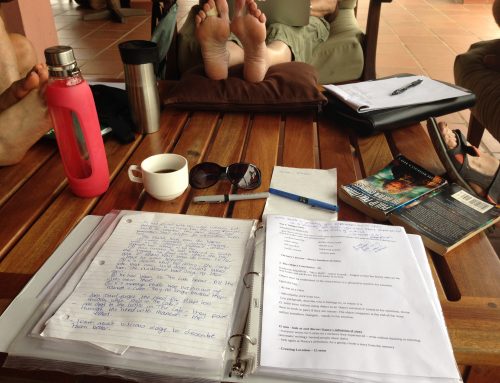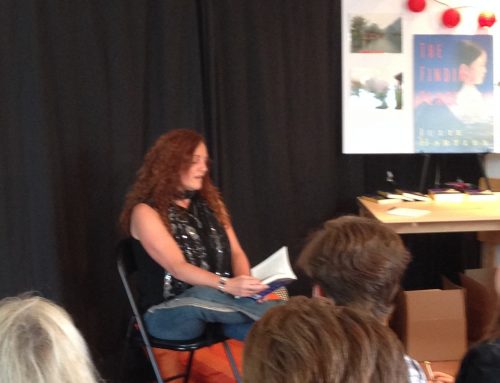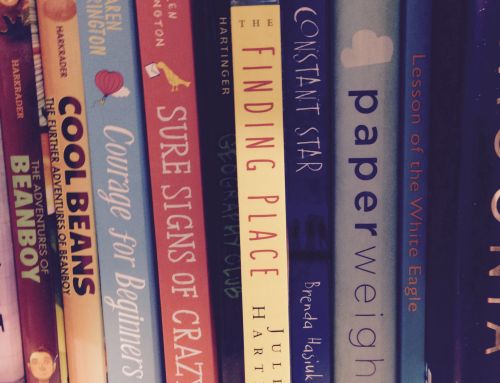Adopted from China: What does this mean?
Kelly, the main character in The Finding Place, was adopted from China as a baby. While this is just one part of the mosaic that makes up her identity, when her father leaves the family, Kelly begins to question what it means to belong. Who were her birth parents? Why did she spend the first few months of her life in an orphanage? What does the Chinese part of herself truly mean? What is China even like?
In the past 18 years, more than 100,000 children – mostly girls – have found their way from orphanages in China, into forever families all over the world. Why? Well, in many cases, their birth parents were unable to raise them because of poverty, or because of China’s One-Child policy. Some families believed they needed a boy to help them in the fields and support them in their old age, and since only one child in a family was permitted, if that child was a girl, parents sometimes felt compelled to give up their daughter, in order to try again for a son. As laws existed in China to prevent families from giving up a child, parents who found themselves in this agonizing position had only one option: to anonymously leave their daughter somewhere she would be quickly found and cared for. For more than a decade, baby girls in China were found on the steps of hospitals, schools and police stations. They would receive medical attention, before spending the first few months of their lives in orphanages. The first priority for the authorities was to try to find a local family to adopt them, but China’s one-child policy applied to adopted children, too. This meant that for most of these babies, their only chance of a forever family was through international adoption.
The situation in China is now quite different. The one-child policy has been relaxed, many families are more affluent, and comparatively few babies are placed in orphanages to await new homes. Most Chinese adoptees in North America are now over the age of 5.
Our own family was formed by international adoption, and it was the realization that our girls rarely see their unique perspective reflected in the fiction they read that led me to start writing my novel. The Finding Place is a coming-of-age story that will appeal to all young people, because fractured families and the search for identity are experiences to which all young people can relate. However, Kelly must process her experiences somewhat differently; her search for identity and family takes her all the way to China, as she sets out to discover the culture – and possibly the family – she has left behind, building a greater understanding of her forever family as a result.


